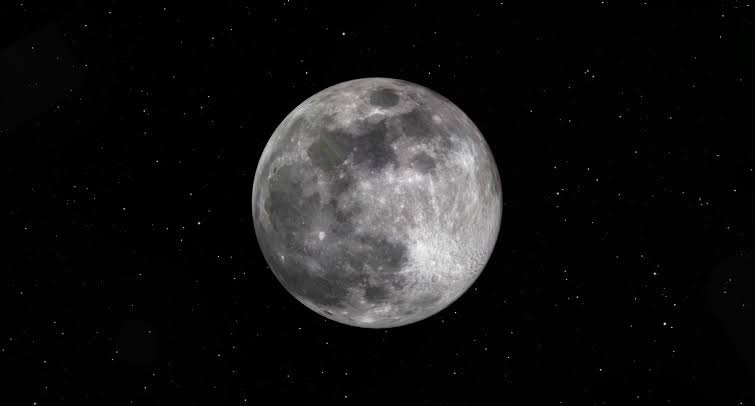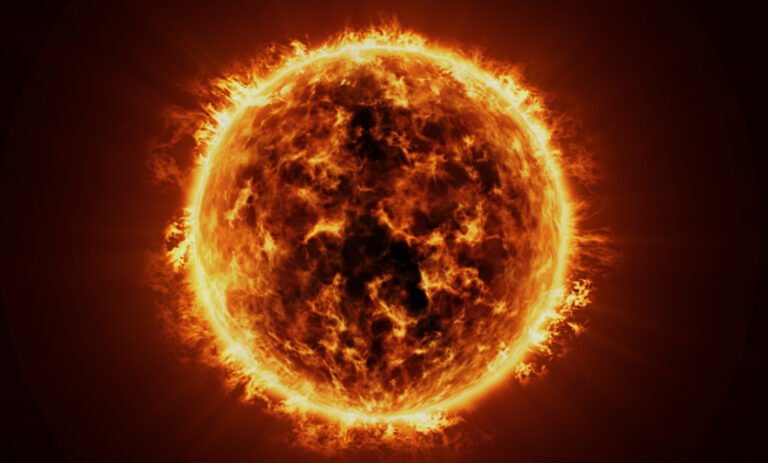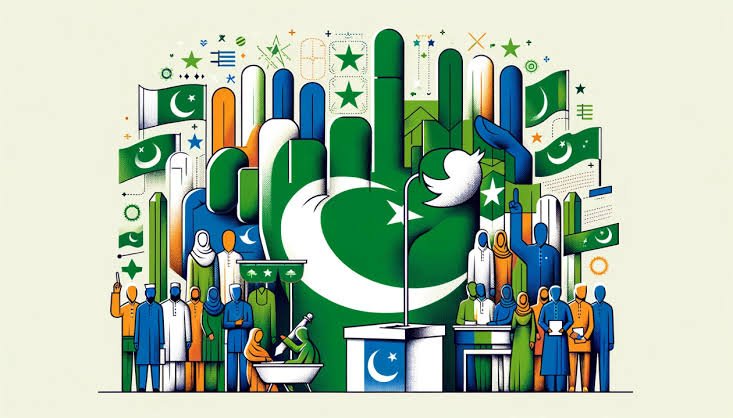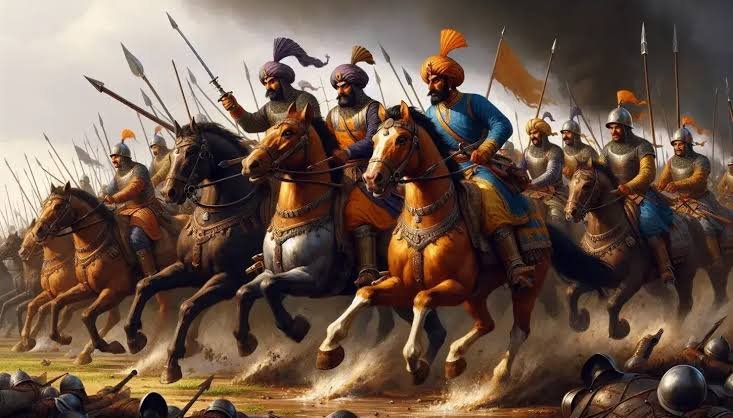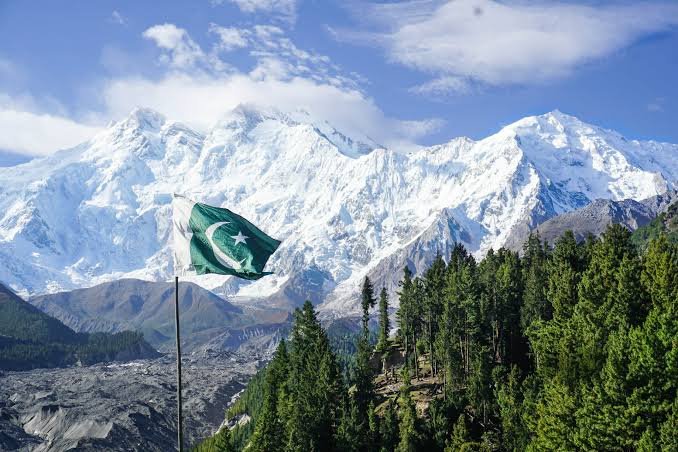
The history of Pakistan is rich and complex, shaped by various cultures, religions, and geopolitical factors. Here’s a brief overview:
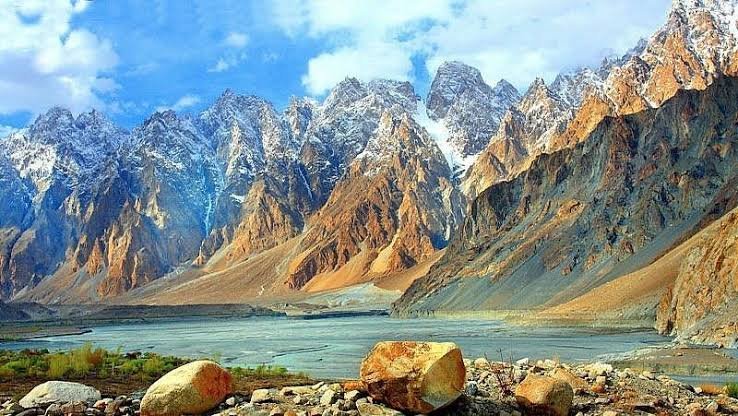
Ancient Civilizations
Indus Valley Civilization (c. 2500–1500 BCE): One of the world’s earliest urban civilizations, it was centered around the cities of Harappa and Mohenjo-Daro, known for their advanced architecture, urban planning, and drainage systems.
Islamic Conquest
Arrival of Islam (7th century CE): Arab traders and conquerors introduced Islam to the region, leading to significant cultural changes.
Delhi Sultanate (1206–1526): A series of Muslim dynasties ruled parts of the Indian subcontinent, establishing a significant Islamic presence.
Mughal Empire
Mughal Rule (1526–1857): The Mughals, of Central Asian descent, expanded their empire over much of the Indian subcontinent. This period is noted for significant cultural, architectural, and economic advancements.
British Colonization
British Raj (1858–1947): Following the Indian Rebellion of 1857, the British Crown took control of India, leading to significant economic exploitation and social changes.
Struggle for Independence
Two-Nation Theory: Advocated by leaders like Muhammad Ali Jinnah, it posited that Muslims and Hindus were distinct nations requiring separate states.
Partition of India (1947): As the British withdrew, India was partitioned into two independent states, India and Pakistan, leading to massive communal violence and the displacement of millions.
Formation of Pakistan
Creation (August 14, 1947): Pakistan was formed as a separate nation for Muslims, comprising West Pakistan (present-day Pakistan) and East Pakistan (present-day Bangladesh).
Constitution (1956): Pakistan adopted its first constitution, declaring it an Islamic republic.
Post-Independence Era
Political Instability: Pakistan faced political turmoil, military coups, and conflicts between East and West Pakistan.
Bangladesh Liberation War (1971): After a civil war, East Pakistan gained independence as Bangladesh.
Modern Era
Military Rule and Democracy: Pakistan has oscillated between military rule and democratic governance. Key figures include Generals Ayub Khan, Zia-ul-Haq, and Pervez Musharraf.
War on Terror: Post-9/11, Pakistan became a key player in the global war on terror, facing internal challenges such as terrorism and political instability.
Recent Developments: The country continues to navigate economic challenges, regional tensions, and efforts towards democratic consolidation.
Current Context
Pakistan today is a nation rich in cultural diversity, facing various socio-economic and political challenges while striving for stability and growth.

